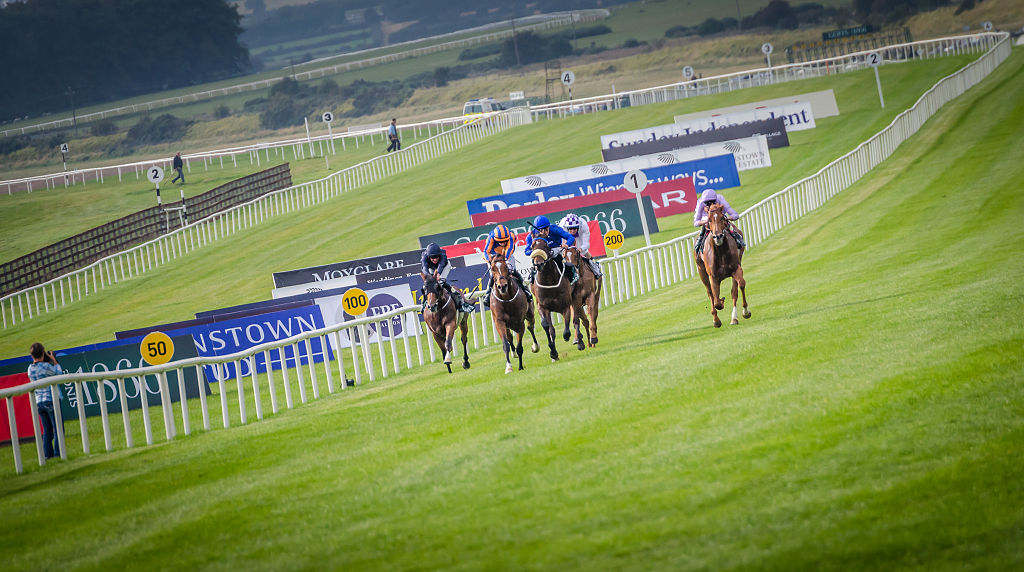Ireland’s rich and storied horse racing history is deeply intertwined with the Emerald Isle’s cultural heritage. Known for its lush green landscapes and passion for equestrian pursuits, Ireland has produced some of the sport’s finest horses, jockeys, and trainers. From ancient origins to modern-day triumphs, horse racing in Ireland is a tale of tradition, excellence, and unrelenting passion, often celebrated through the thrill of a horse race bet.
Early origins
Horse racing in Ireland dates back to ancient times, with early records indicating that chariot races were held as far back as 1100 BC. These early forms of racing were predominantly for military training and entertainment.
By the Middle Ages, horse racing began to take a more structured form, influenced by the Anglo-Norman settlers who brought their own equestrian traditions to the island.
The birth of modern racing
The foundation of modern horse racing in Ireland can be traced to the 17th century. One of the earliest recorded races was held on the Curragh in County Kildare in 1666.
The Curragh, now synonymous with Irish horse racing, became the epicentre of the sport, with its expansive plains providing the perfect venue for racing.
The establishment of the Royal Dublin Society in 1731 and the subsequent formation of the Irish Turf Club in 1790 further formalised the sport.
The Irish Turf Club, the regulatory body for flat racing and National Hunt racing, played a crucial role in standardising rules and maintaining the integrity of the sport.
The evolution of prestigious races
As the sport grew in popularity, several prestigious races were established, many of which are still celebrated today.
The Irish Derby, inaugurated in 1866, quickly became one of the most significant events on the racing calendar.
Held annually at the Curragh, the Irish Derby attracts top horses from all over the world, cementing its status as a premier racing event.
Other notable races include the Irish Oaks, the Irish St. Leger, and the Punchestown Festival, which showcases the best of National Hunt racing.
These events have not only highlighted the talent and skill within Ireland but have also drawn international attention to the quality of Irish racing.
Breeding excellence
Ireland’s success in horse racing is intrinsically linked to its exceptional breeding industry. The country’s temperate climate, fertile soil, and abundant pastures provide ideal conditions for raising thoroughbreds.
Renowned breeding establishments such as Coolmore Stud and the Irish National Stud have produced some of the world’s greatest racehorses.
The bloodlines developed in Ireland have had a significant impact on global racing. Stallions like Sadler’s Wells, Galileo, and Montjeu have sired countless champions, reinforcing Ireland’s reputation as a breeding powerhouse.
The success of Irish-bred horses in major international races, including the Epsom Derby and the Breeders’ Cup, underscores the country’s breeding excellence.
Jockeys and trainers
Ireland has also produced some of the most celebrated jockeys and trainers in the history of horse racing.
Legendary jockeys like Pat Eddery, Mick Kinane, and Ruby Walsh have achieved extraordinary success on the global stage, showcasing their skill and tenacity.
In the realm of training, figures such as Vincent O’Brien, Aidan O’Brien, and Willie Mullins have dominated both flat and National Hunt racing.
Their ability to prepare horses for the highest levels of competition has resulted in numerous classic victories and a lasting legacy in the sport.
Modern-day achievements
Irish-trained horses consistently perform at the highest levels, with notable victories in events such as the Cheltenham Festival, the Grand National, and the Prix de l’Arc de Triomphe.
The success of Irish horses, jockeys, and trainers on the world stage is a testament to the country’s enduring passion and expertise in horse racing.
Image credit: Florian Christoph from Dublin, Ireland, CC BY 2.0, via Wikimedia Commons


